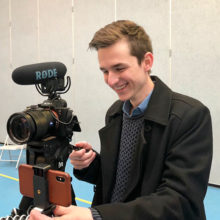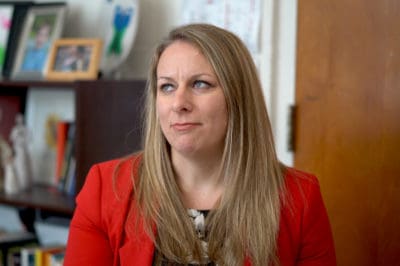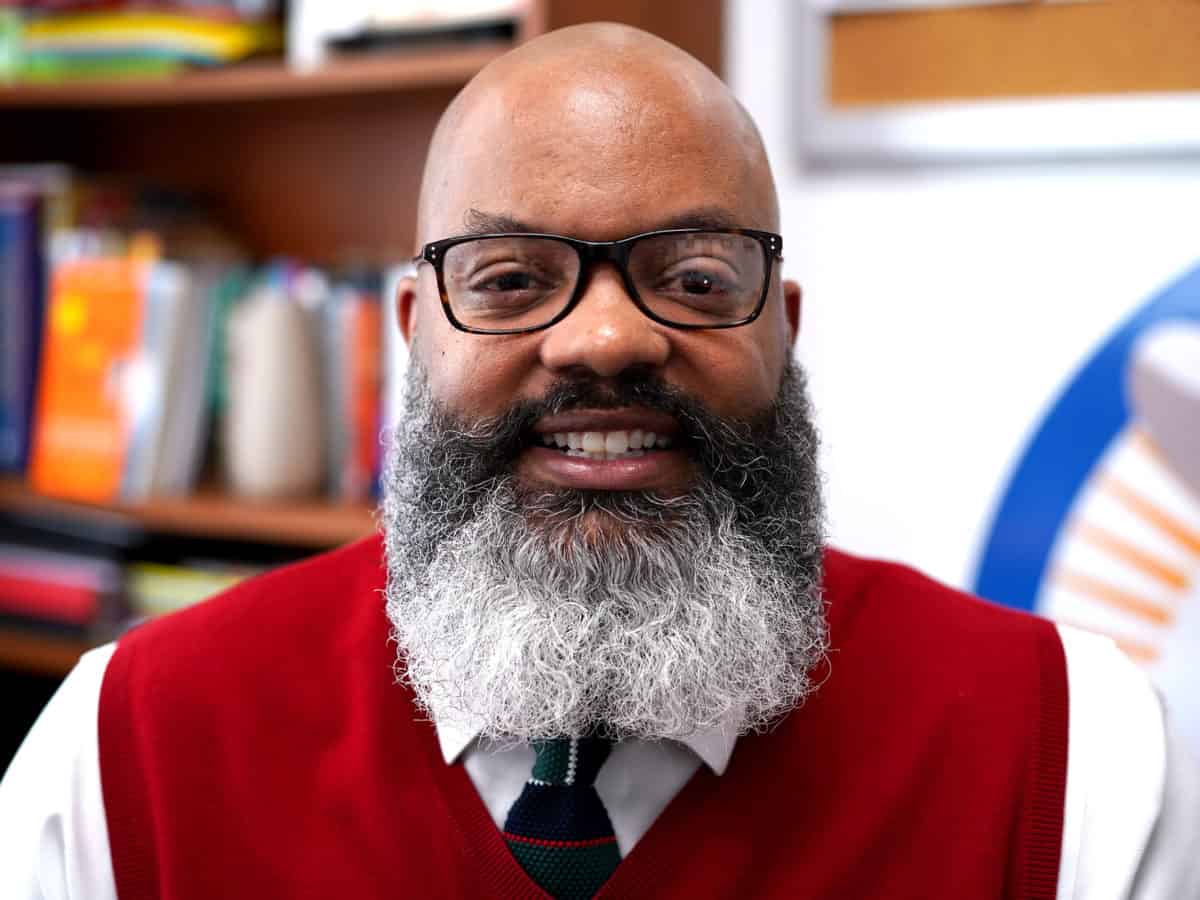

When I arrived at Lakewood Elementary School, I gave principal James Hopkins a choice. We could film an interview first, or walk around the school together, visit students, and shoot some footage. He opted for the latter.
As we explored classrooms and hallways, Hopkins could only carry on conversation with me in short snippets. That’s because so many people gravitated toward him: a question here, a greeting there, a quick update from a faculty member followed by a high-five.
Later, as we sat in his office and recorded the interview, he told me the best possible days on the job are when he has the chance to be in classrooms and spend time with kids.
“That is my dream,” Hopkins said. “I come into work every day with that desire. It’s the other stuff that keeps me from achieving that goal every day.”
Perhaps that’s why he wanted to walk around the school first.
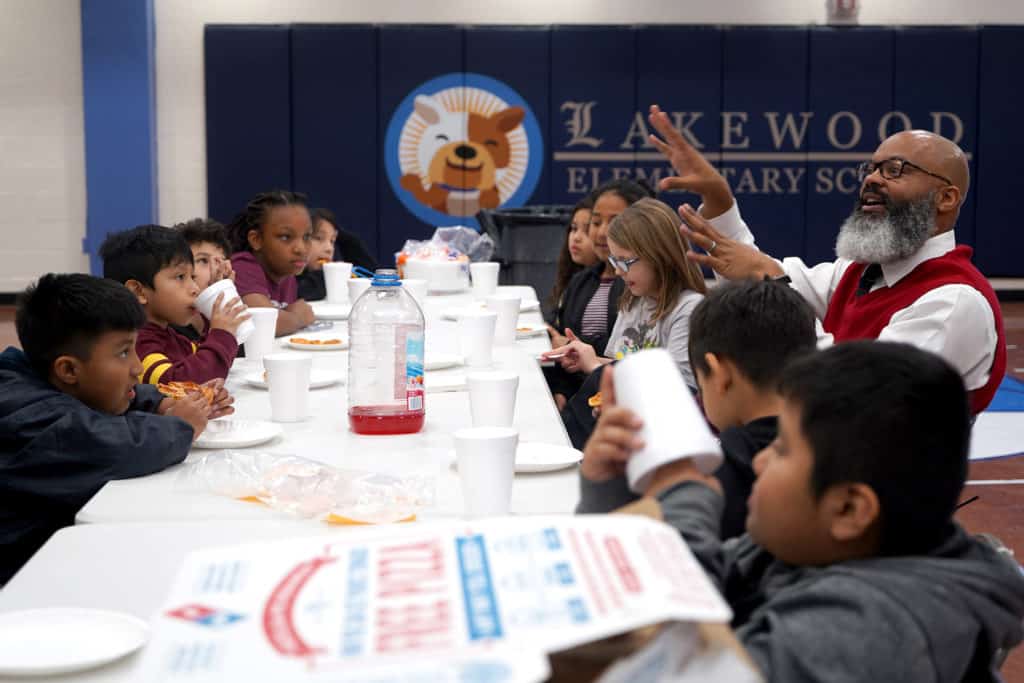

Hopkins became principal of Lakewood Elementary two and a half years ago. He was familiar with Durham due to his years of teaching high school and serving as an assistant principal there. He left Durham for a year, working at Carrboro High School as an assistant principal. Then he came home.
“I left Durham Public Schools with the full intention of coming back to Durham Public Schools,” Hopkins said. “I didn’t think it was going to be elementary.”
Yet when an opportunity arose to move to Lakewood Elementary, Hopkins took it — for a few reasons. One was the diverse community.
“Lakewood sits in one of the most diverse pockets of Durham,” Hopkins said. “There is a very even mixture of black, white, and Hispanic families.”
But when Hopkins looked at the school’s demographics, they didn’t reflect the community. A disproportionate number of white students were missing, presumably opting for education elsewhere as the school’s reputation dwindled in recent years.
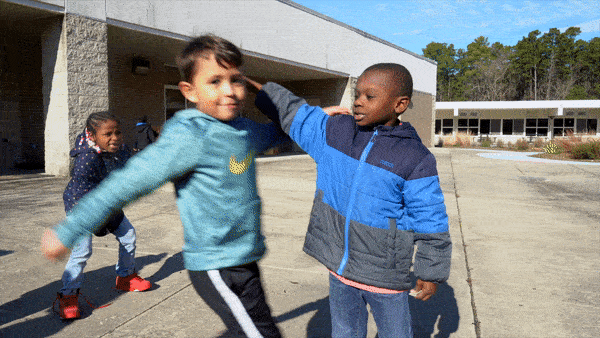

“Huge fan of public schools, I’m a product of public schools,” Hopkins said. “I think public education is the most honest way to change the world. If people in the community aren’t choosing to go to their public school, their community school … something’s wrong.”
That gave Hopkins a clear goal when he returned to Durham: raise expectations for the school to make it a place the community could be proud of, somewhere all parents would want to send their kids. Where others saw a failing school, Hopkins saw the infrastructure he needed to create something special.
So he got to work. Then something surprising happened: from 2018 to 2019, Lakewood Elementary jumped from an “F” school to a “C” school. This substantial growth got Hopkins a lot of attention, but he said focusing on the letter grade was missing the point.
The key, rather, was rebuilding hope in a community that had given up on its school.
To do so, he conducted a listening tour with past and present faculty, parents, students, and community members. He asked them if they felt Lakewood had lived up to its mission and vision, “students first in all we do.” He also asked what their dreams were for the school and how they might be achieved. The resulting data, shared with the Lakewood staff and community, set the stage for Hopkins’ reforms.
“My goal, when I started, was really to get as many people in front of me as possible,” Hopkins said.
High on the list was parental involvement. Parents didn’t feel engaged with the school — just sitting in PTA meetings wasn’t enough. Hopkins worked to get them visiting classrooms, participating in the school newsletter, and staying highly informed of school events.
By directly involving parents in the school’s disciplinary actions, Hopkins was able to avoid suspending a single student last year. The idea is to keep students in the classroom where they can best engage with curriculum.
“Parents were given the option,” he said. “To come in and sit with their child for three hours, or [for the child] to be suspended.”
Standards in the classroom had to be increased, too. Hopkins said his most instrumental tool wasn’t an innovative, top-secret strategy, but one of the core aspects of being a principal: the power to hire effective teachers.
“I typically am given a lot of pats on the back,” Hopkins said, “and that makes me feel uncomfortable. That makes me feel weird, because I’m no fool. I know for a fact that leadership is a part of it … but I think my teachers and the work they’ve been able to do has played a much bigger part in our school’s success.”
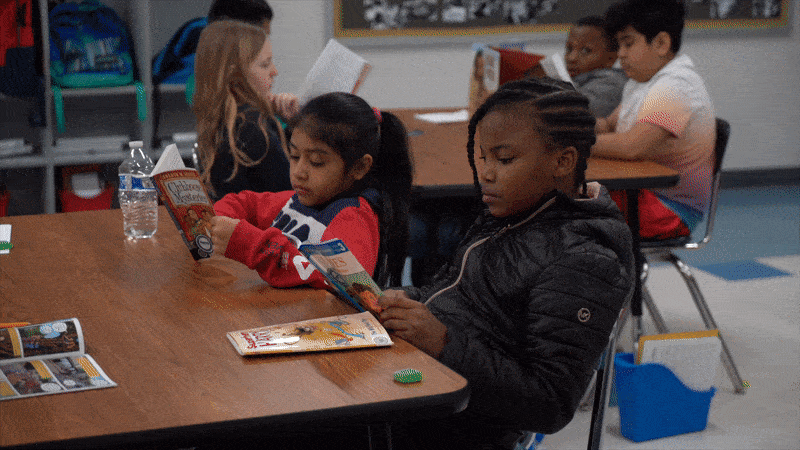

Lakewood’s status as a Restart school gave Hopkins the budget flexibility to hire three “interventionists,” seasoned teachers who work individually with students across multiple grade levels. Hopkins hired 11 new teachers in total when he arrived. At the same time, some of the school’s former teachers left.
“There were some teachers who did not share the vision I had for the school,” Hopkins said. “They didn’t have the same level of expectations that I had for the community. It’s not that they’re bad people … Lakewood has to operate with a very high expectation, given where we’ve come from.”
One of the expectations Hopkins had for teachers was for them to take on leadership roles. He found most of them thrived when offered the additional responsibility, and his goal by the end of the year is to have every staff member in charge of leading something.
The school improvement team, for example, is a group of teachers, parents, and community members elected by Lakewood’s faculty. Smaller “goal teams” and committees work on specific issues like staff engagement or equity. And the school also selects department chairs.
“When teachers are empowered to lead, they step up,” Hopkins said. “They raise their expectations … they’ll run through a wall for you, because they’re owning something. They have a stake in the school.”
Hopkins also highlighted the role his students played in the process, noting that they had risen to meet the high expectations of their teachers. But he wanted to emphasize that the school’s previous lack of success was not the students’ fault.
“Low-performing schools are not low-performing because of the students that attend the school,” he said.
Beyond the traditional classroom setting, one of the programs Hopkins is most proud of is Arts in Action. It provides Lakewood’s fourth graders with the opportunity to exercise and learn via dance.
Although the program costs around $30,000, Lakewood has been able to access it with a very limited budget. Hopkins credited Marlon Torres, the program’s executive director, for fundraising on behalf of the school, allowing access to the program for a fraction of the usual cost.
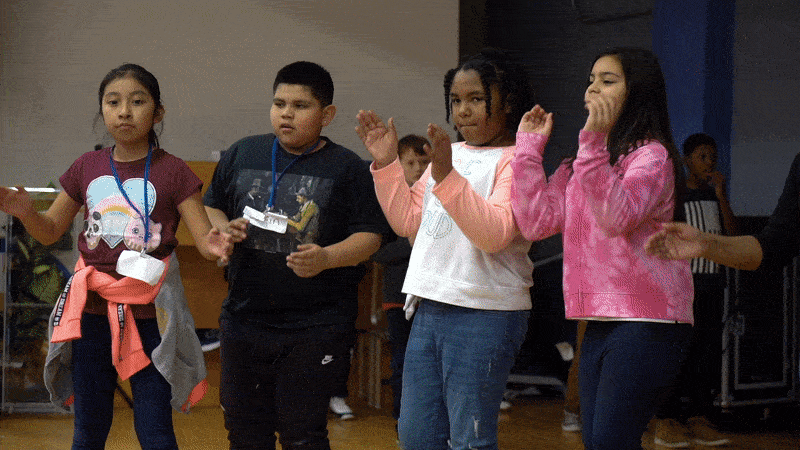

Each performance is linked to a certain topic or theme. When I visited, students were learning a choreographed dance to a kid-friendly instrumental rendition of Black Sabbath’s Paranoid. Their year-end performance will be about ecology and the environment, featuring facts and vocabulary words.
Hopkins has set a focus on meeting the social-emotional needs of all the students in the school. Students participate in daily morning meetings where they talk about how to make the day great. The school uses the Capturing Kids’ Hearts curriculum to set an optimistic tone for the building and will begin Zones of Regulation next year, which teaches kids to identify and address their emotions.
But sometimes, Hopkins said, kids don’t need a specific framework to cope with what they’re going through. Like the parents and teachers of the Lakewood community, they just need someone to listen to them.
“Every adult has an opinion on how to best meet a kid’s needs,” Hopkins said. “But sometimes kids just want to talk to an adult, without that adult trying to solve their problem.”
